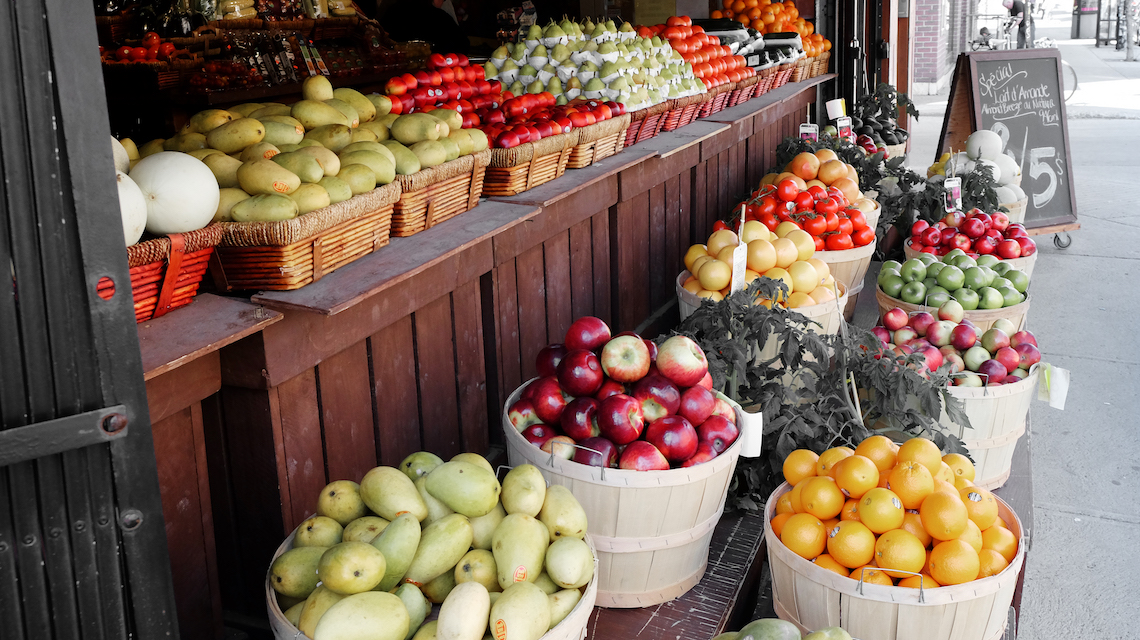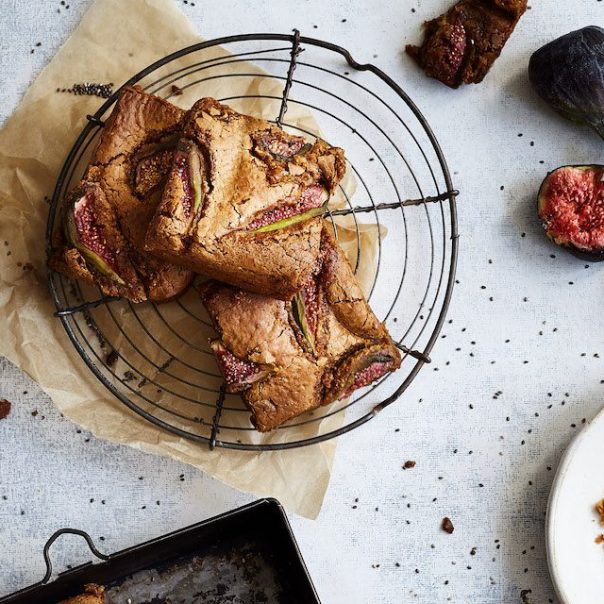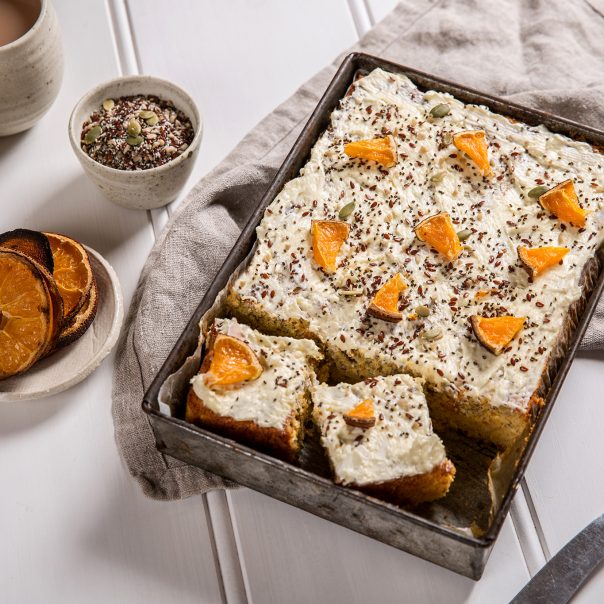With global export being as it is we are a little spoiled for choice when it comes to fruit and vegetables. Avocados in February? No problem. Pumpkins in July? Too easy. In fact, being able to get our hands on whatever produce we want, whenever we want it, makes it easy to forget that most produce even has ‘a season’.
But, eating seasonally (and locally-grown where possible) can offer many benefits for your health and the environment. So, do a little research and make a point of learning which fruits and vegetables in your local supermarket are currently in season, and you’ll find choosing delicious and nutrient-rich ingredients that much easier.
Why in season is best
Taste: Produce that has been allowed to naturally ripen in the sun and is freshly picked will have the best flavour – fragrant, juicy and colourful.
Nutrition: Research has shown that the levels of antioxidants, vitamins and minerals are higher in produce that has been allowed to ripen in the sun and has been picked when ripe and fully developed. This is because plants get their nourishment from the sun and soil.
Health: Seasonal foods compliment the changing needs of our body in different conditions. When you eat in season, your body with thank you for it! Winter vegetables tend to be warming and dense, like root vegetables, whereas in summer the produce in season tends to be more hydrating – think cucumbers, and watermelons. In spring, an abundance of leafy greens come into season, perfect for helping our bodies alkalize after winter’s heavier fare.
Environment: Foods grown in season and picked with ripe require much less assistance to grow – which means fewer pesticides and chemicals. Eating in season also means you’re more likely to be eating from your local growers – which means fewer food miles, and a lower carbon footprint.
What to eat right now:
The fruits and veg at their best coming into autumn include apples, apricots, beetroot broccoli carrots, cabbage, leek, nectarines plums and pears. Want to see the full list? Check out this handy guide from our friends at Fruits & Veggies More Matters.


